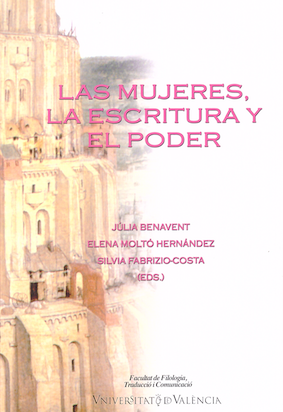La escritura de la realidad a través de la mirada de Helena Lumbreras: participación política y estética desde la cámara cinematográfica
DOI:
https://doi.org/10.7203/qf-elit.v17i0.3484Keywords:
militant film, intervention film, gender, working class, reality representation, documentary Abstract
Abstract
Analysing the history of political and militant documentary film in Spain, it is striking how difficult is to know something about one of its most important film-makers. Helena Lumbreras –teacher, painter and film-maker– conducted its documentary production during the last years of Franco and the early Spanish transition. Her work extended from a political report, Spagna 68 (1968), through an analysis of the Spanish press, El cuarto poder (1970), to a purely militant cinema in the primitive sense of the term. The situation of the working class and its conflict with an unfair political and economic system (Todos o Ninguno, 1976) occupied the last years of his film production. One of his latest film, A la vuelta del grito (1977-78), referred to the possibility of social change and to the consequences of the assumption of a capitalist system by the democratic political class. In this film, manifestations of citizens follows one another claiming a change of the establishment policies. Helena Lumbreras’ cinema was, in her own words, not to make a story but to make history. In her aesthetic, narrative and political goals, it was not possible a mere record of reality but a construction of it by a dialectical relationship.Helena Lumbreras created, with her companion Mariano Lisa, the Class Film Collective, whose name made clear the place from which the truth was written. The film work of Helena Lumbreras achieved not only the projection and visibility of a reality hidden by the political and media powers. It also allowed the public and private vindication for many women. The recognition of these, beyond domestic and professional labour, was obtained within an own space: the family home.
 Downloads
Downloads
Downloads
How to Cite
-
Abstract324
-
PDF (Español)184
Issue
Section
License
 Este obra está bajo una licencia de Creative Commons Reconocimiento-NoComercial-SinObraDerivada 4.0 Internacional.
Este obra está bajo una licencia de Creative Commons Reconocimiento-NoComercial-SinObraDerivada 4.0 Internacional.
Authors who publish with this journal agree to the following terms:
- Authors retain copyright and grant the journal right of first publication with the work simultaneously licensed under a Creative Commons Attribution License that allows others to share the work with an acknowledgement of the work's authorship and initial publication in this journal.
- Authors are able to enter into separate, additional contractual arrangements for the non-exclusive distribution of the journal's published version of the work (e.g., post it to an institutional repository or publish it in a book), with an acknowledgement of its initial publication in this journal.
- Authors are permitted and encouraged to post their work online (e.g., in institutional repositories or on their website) prior to and during the submission process, as it can lead to productive exchanges, as well as earlier and greater citation of published work (See The Effect of Open Access).




